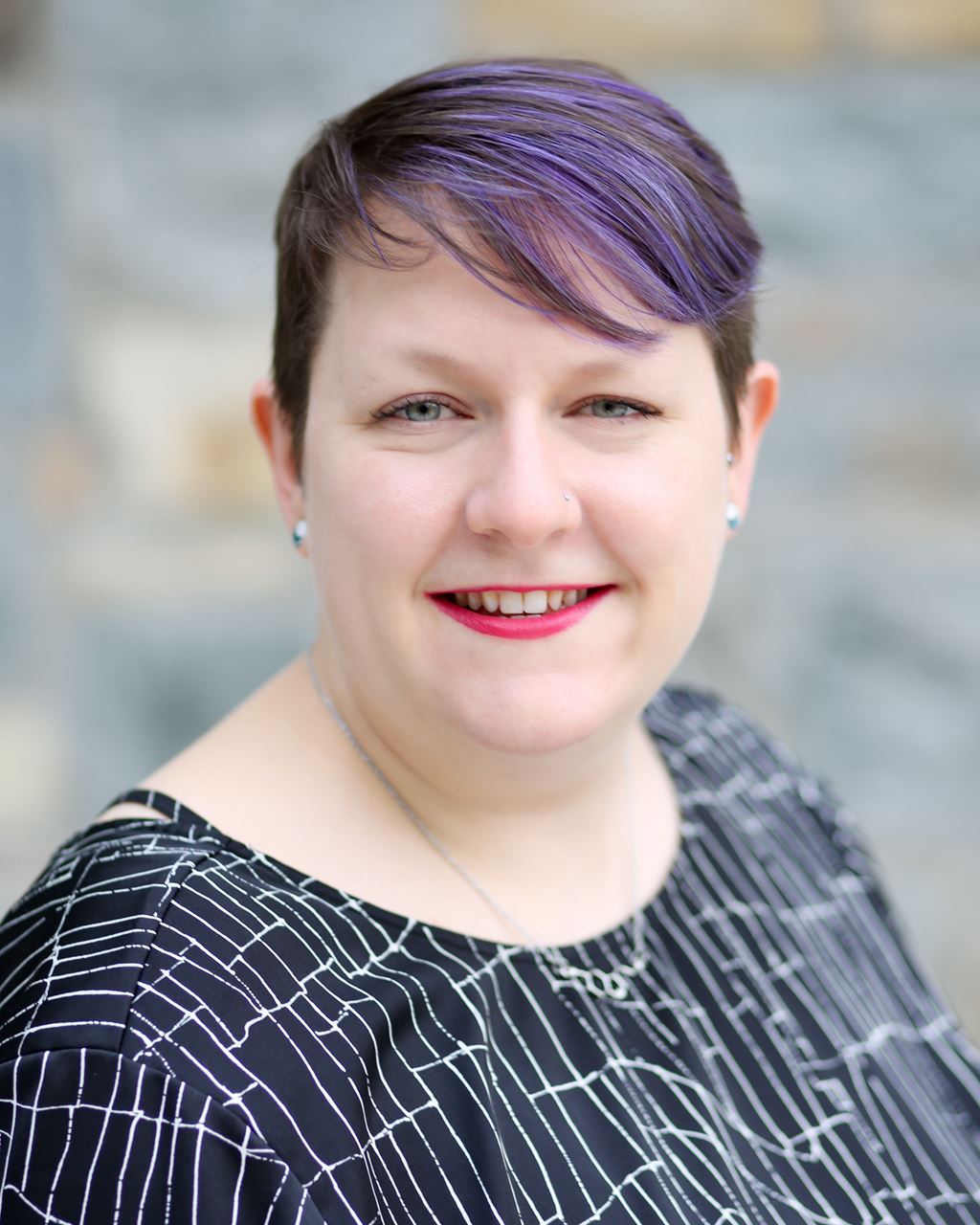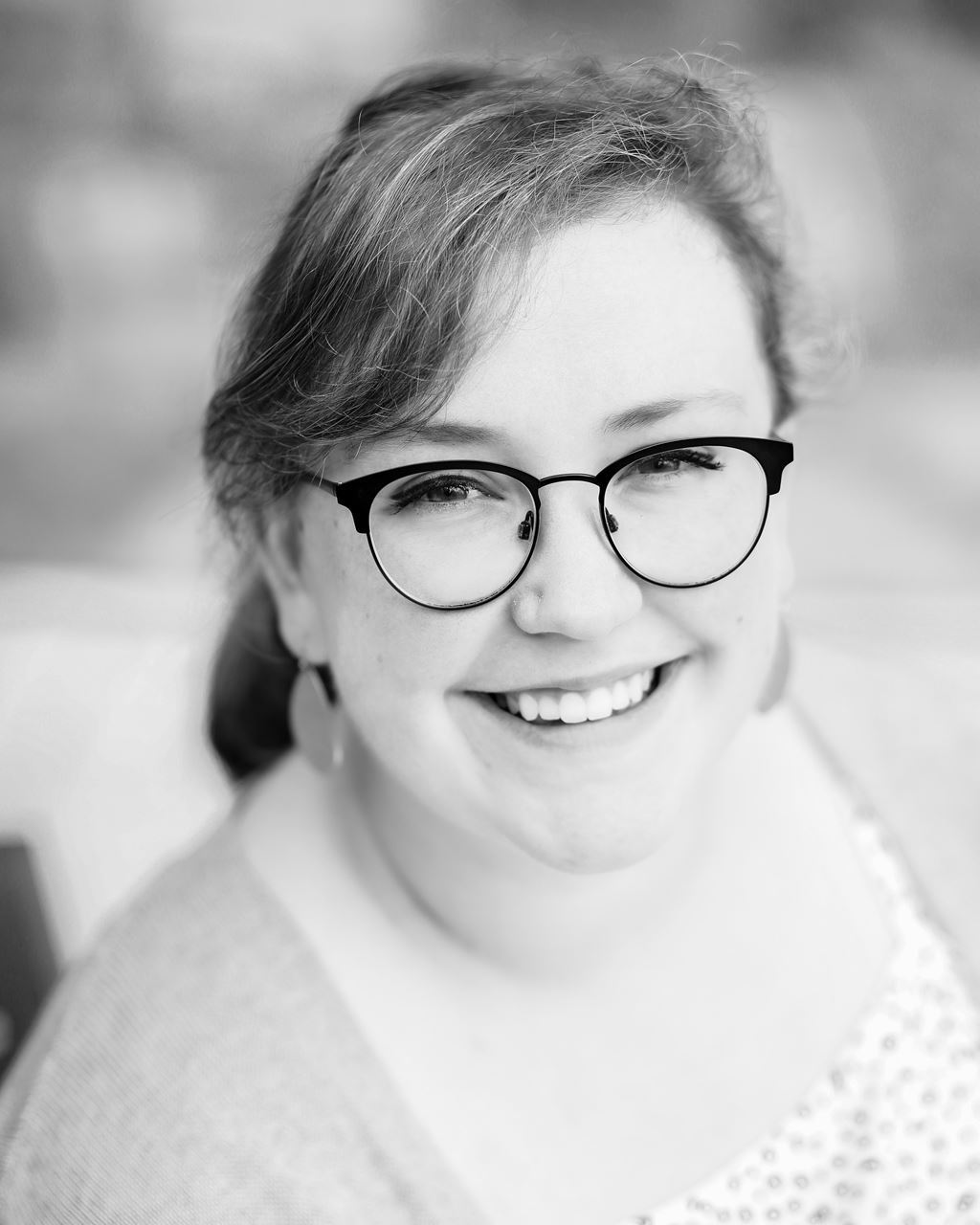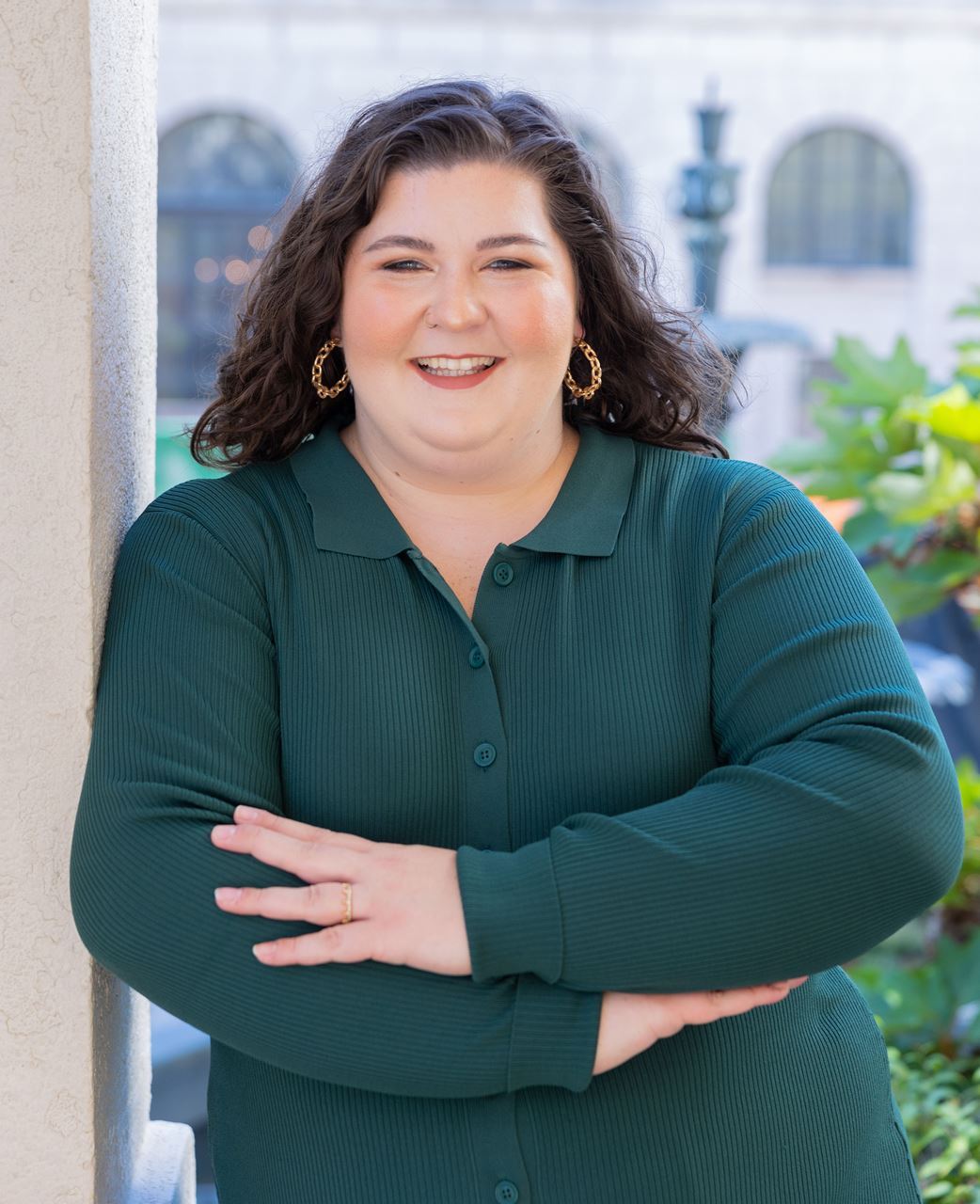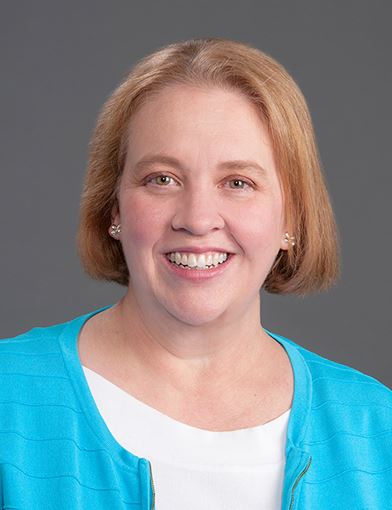It's the beginning of 2023 we love to kick off a new year with Apra Carolinas by introducing you to your board. This year is a mixture of new and returning faces who are all dedicated to providing professional development and networking opportunities to our members in the Carolinas (and beyond)! We have some exciting things planned for the year ahead; to see the faces behind the plans, please read through to learn a little more about your board.
.jpg)
Jennifer Vincent
Account Executive, Blackbaud
President
How many years have you worked in fundraising/prospect development?
I worked directly in Advancement for over a decade before joining Blackbaud, where I now work adjacent to the field. Overall, I’ve spent over 15 years in the field.
What inspired you to join the Apra Carolinas board?
Beth Inman made it seem like a great idea … and she was totally right! I was a few years into the field and wanted to make deeper connections with others and become more involved with the profession. I love this community and it's been such an honor to serve on this board.
What do you like most about working in prospect development?
It used to be prospect research and falling down a rabbit hole on a prospect profile, but then it morphed into prospect management and partnering with fundraisers. I love looking at portfolios and devising strategy to help them meet their/our goals.
What's your favorite snack?
Hmm, favorite any day snack is homemade popcorn with nutritional yeast and garlic salt. Favorite road-trip snack is Doritos [Cool Ranch!] and Muddy Buddies … depending on a sweet or salty mood.

Rachael Walker
Prospect Analyst, Cornell University
President-Elect
How many years have you worked in fundraising/prospect development?
I’m on my 13th year! Where does the time go?
What inspired you to join the Apra Carolinas board?
I was asked by a previous education chair to join the then-extant education committee! I had a grand old time, then moved up to NC Regional Rep. My natural bossiness (sorry, I meant “organizational skills”) was well-suited to being Education Chair and now I’ll get to really flex those muscles as President-Elect.
What do you like most about working in prospect development?
The community. Absolutely my favorite thing about this field is the willingness my fellow professionals have to share what they’ve learned with each other. I try to pay it forward all the time – which is why Education Chair was such a great place for me for so long!
What's your favorite snack?
It’s unfair to make me choose just one. I would say probably Trader Joe’s seasonal key lime kettle corn. I stock up every summer and try to make it last, but I never can.

Emily Hinz
Assistant Director of Prospect Development, UNC Charlotte
Treasurer
How many years have you worked in fundraising/prospect development?
Coming up on 6 in May!
What inspired you to join the Apra Carolinas board?
I connected with a few of the other Carolinas board members at big Apra PD in 2019, and really appreciated their expertise and friendly vibe. When they said they had a board opening it was a no brainer!
What do you like most about working in prospect development?
I truly love portfolio review- connecting with development officers to celebrate their wins and help them hone in on the best prospects in their area. Being a resource for them is the best.
What's your favorite snack?
Toughy as I am a snack queen... does chips and queso count? Best pre-dinner snack ever.
.jpg)
Megan Gregg
Senior Development Research Analyst, Elon University
Secretary
How many years have you worked in fundraising/prospect development?
I have worked in prospect development for 3 of the 10 years that I have been in fundraising.
What inspired you to join the Apra Carolinas board?
Since joining the Research team at Elon in 2019, I have been continually amazed by, and grateful for, all that Apra Carolinas has offered me. The professionals I have met are not only incredibly knowledgeable and skilled, they are also genuinely warm, engaging, and encouraging. My boss is a former President of Apra Carolinas, and I saw the fulfillment she got out of giving back to an organization that provides so much to those of us who work in this niche field. When I received the invitation to join, it was a no brainer for me. My hope is to inspire others to plug in as much as I did so that you can meet an incredible group of individuals and acquire invaluable insight into the field!
What do you like most about working in prospect development?
My favorite part of prospect development is the “detective” skills it takes to do my job well. I love those moments when a prospect has been a bit elusive to research, but I suddenly search for the right term or pull on the right string that reveals valuable information I had been searching for. Several people in my hallway can attest to the times they’ve heard an excited “Aha! Found you!” coming from my office
What's your favorite snack?
Hands down, I could eat apples and peanut butter any day of the week!

Emily Glesias
Foundation Operations Manager, Novant Health Foundation
Education Chair
How many years have you worked in fundraising/prospect development?
This year will be seven in fundraising operations, almost five with a focus on prospect development.
What inspired you to join the Apra Carolinas board?
The community and brain power behind this stellar group of professionals is really what inspired me to joining the board! The opportunity to network with peers, have a sounding board for ideas or project issues I am encountering at work, and exposure to others in the industry that I’d otherwise not have an opportunity to communicate with are a few of the great aspects of Apra C board membership. Joining gave me a chance to personally make sure others in the Carolinas had regular access to educational opportunities, networking and a support system of likeminded individuals, especially as they’re starting out their prospect development journey. I needed the connections when I was first starting out and Apra has been a huge resource for me so giving back only makes sense!
What do you like most about working in prospect development?
I love the “but why or how?” that comes with so many of our projects/finds – and that we’re encouraged to FIND the why and figure out HOW the prospect connects to our nonprofit! It’s a very rewarding treasure hunt through data, identifying nuggets of otherwise hidden information and crafting a story using them. My colleagues and I will often joke that we’re “super sleuths” for data that isn’t easily traceable which may be true and is part of the allure of prospect development but, it’s also the magic of how we’re usually the first ones to share said information and see how it’s ultimately translated into a meaningful, deeper relationship with a donor who makes an impact on your organization or community.
What's your favorite snack?
Can I say coffee? Specifically iced lattes of the vanilla or cinnamon varieties. My Nespresso machine gets lots of love throughout the day!
.jpg)
Teresa Pezdek
Director of Prospect Development, Furman University
Membership Chair
How many years have you worked in fundraising/prospect development?
I have been in prospect development for 6.5 years.
What inspired you to join the Apra Carolinas board?
I was excited for the opportunity to connect with new colleagues and give back to others. I couldn’t wait to play an active role in all that Apra Carolinas offers.
What do you like most about working in prospect development?
I love the strategy and creativity that goes into our work, along with the internal relationship building. It is also so satisfying to see the positive impact prospect development staff can have on fundraising efforts.
What's your favorite snack?
Chips and salsa! A side of queso never hurts either.

Andi Marrs
Prospect Researcher, UNC Charlotte
Communications Chair
How many years have you worked in fundraising/prospect development?
I've been in the fundraising/prospect development world for around 7 1/2 years now and I love it!
What inspired you to join the Apra Carolinas board?
Such a good question! I really wanted to give back to the Apra community that helped shape my early career days, help provide opportunities for growth and learning in the prospect research/development sector and expand my connections in the NC/SC fundraising community.
What do you like most about working in prospect development?
I think what I like most about working in prospect development is the diversity of the work we do. One day it could be a profile on an individual, the next we're analyzing a portfolio, and then the next we're working across departments to see how we can provide expertise. I also love seeing my gift officer colleagues succeed and build lasting relationships with donors.
What's your favorite snack?
Sweet snack would be sour patch kids and savory snack would be french fries. Always.

Kathy Mills
Senior Donor Identification Analyst, Atrium Health Wake Forest Baptist
NC Regional Representative
How many years have you worked in fundraising/prospect development?
11 years
What inspired you to join the Apra Carolinas board?
This is my second time on the board. I was previously treasurer, and after a short hiatus, decided to rejoin because I missed the networking and camaraderie. I originally joined due to encouragement by two coworkers who’d been on the board.
What do you like most about working in prospect development?
I love knowing the work I’m doing is helping others, and I really enjoy hearing donors tell us what motivates them to give, regardless of the gift size.
What's your favorite snack?
Dark chocolate
.jpg)
Jennifer Kehoe
Senior Director of Prospect Development, Clemson University
SC Regional Representative
How many years have you worked in fundraising/prospect development?
21 years. First 4 years of my career were as a CFR Development Officer before moving into the Prospect Development side of things, and I’ve never regretted it for a minute!
What inspired you to join the Apra Carolinas board?
The desire to be more involved with my fellow Analysts (in all of our different organizations) and to feel like I’m giving back. I’ve been in this area for 4 years now and I don’t know nearly enough people, this is perfect opportunity!
What do you like most about working in prospect development?
I enjoy the challenge of the work and the everyday “puzzles” we face. I have always found a great deal of satisfaction working in philanthropy and the idea that we can work for a greater good. I’ve also been blessed to meet and work with some truly talented colleagues.
What's your favorite snack?
Wow, I feel like this changes, but right now…Dot’s Pretzels (Original flavor).